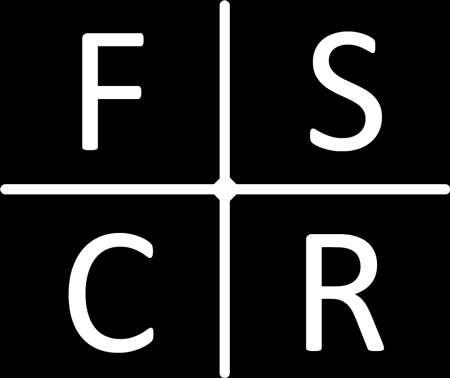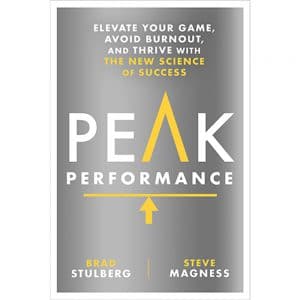Section 1: The Growth Equation: This section focuses on the topic of stress, both physical and mental, and introduces the importance of giving your body and mind the time to rest that they no doubt need.
Section 2: Priming: How to prime for peak performance and daily productivity.
Section 3: Purpose: The final section of the book explores the need for us to each have our own purpose, and how having a defined purpose within our teams can help push our own performance.
One of the books’ main focus throughout is the topic of ‘burnout’, and how we as footballers (and coaches!) can maintain a healthy lifestyle in the often testing and enduring world of professional sport. Stulberg here references research from the corporate world, which took into account 2,500 companies from over 90 countries, and found that the biggest current challenge that many large companies are facing is ‘the overwhelmed employee’, and how this affects productivity in the working day. This is something I find highly relevant to the sporting world also, when the fatigue of a long season begins to set in, productivity on the pitch is likely to suffer for our footballers.
The first chapter is entitled ‘The Secret to Sustainable Success’, and there are more than a few worthwhile take-home messages in this chapter alone. The authors talk about the ‘Growth Equation’, which they deem as ‘Stress + Rest = Growth’, something that is applicable in all aspects of our lives. I have often found that some coaches and players find it difficult to understand why rest and recovery can be just as important as training itself (at times it becomes much more important – think of your demanding Christmas periods), here the authors address this and state ‘The best athletes also prioritise recovery, time on the couch and in bed, just as much as they prioritise time on the track or in the gym.’
Whilst working with professional, full-time footballers we probably pay more attention to the physical aspects of the game, and the physical stress and fatigue that follows regular training and matchplay; however we need to factor in the negative effects that mental fatigue can have also. As the book puts it ‘Stress is stress, fatigue on one task spills over into another’, we need to be mindful that what is going on in our players’ minds, and in their personal lives away from the training ground, plays a huge part in what we get from them on a day-to-day basis. The idea that we have a limited reservoir of mental energy for each day is put forward, and that throughout the day this becomes depleted with each decision we make or thought we have. Therefore supporting the idea that we should try and not allow things we have no control over to cause any extra stress to our already busy and stressful lifestyles. Instead, focusing primarily on the things each day that we can realistically influence will no doubt make us more productive.
Take Away Messages:
Throughout the book there are really useful tips on how to ensure we are reducing the chance of suffering from burnout and overtraining syndrome, introducing the idea of mindfulness and offering different methods we can use to help relax and slow down at the end of each day. Again, emphasising the ‘rest’ element of their ‘Growth Equation’. As Stulberg and Magness put it, ‘Burnout is quite common in people who are trying to get the best out of themselves . This is because continually growing and improving requires stress over days, months and years.’, We as footballers and coaches will hugely benefit from occasionally taking a step back and allowing our bodies and minds the rest that they will no doubt deserve.
Although it shouldn’t be the case, it’s nice to be reassured that switching off at times is not only acceptable in the world of professional football, but actually that it’s likely to be highly detrimental if we don’t!!
Remember….STRESS + REST = GROWTH
Overall:
‘Peak Performance’, is a real easy-read book that you’ll be able to dip in and out of, and you will no doubt pick up certain ideas you’ve never really thought about; or it will reaffirm concepts that you had already believed in. Each concept is put across in an easily understandable way that you’ll no doubt be able to relate to right away, and either apply to your own daily lifestyle, or use to help those that you work with on a regular basis.
Recommended For:
Definitely a worthwhile addition to your reading list for both professional footballers, and those that are working with the players; whether that be in a coaching, medical or performance related role.
Get your copy by clicking on this link: http://amzn.to/2CtHnRe

